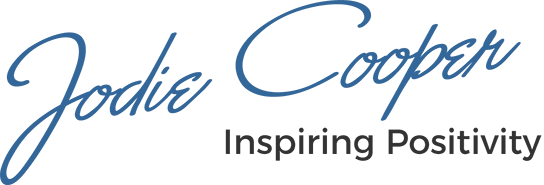I’m excited about TV, and those who know me, know I don’t like or watch TV at all, apart from the odd stand up comedy. Personally, I’d rather read a book, or stare at the wall, which in all truth would be much better for my mental health.
But, and it’s a big but, I recently read an article that has me so excited and hopeful that I just had to share it with you. I think it’s one of the biggest and best things to come out of Positive Psychology and really create wide spread, positive social change.
It started with Albert Bandura’s ‘social learning theory.’ Which explains how children learn by observing and then imitating others, this learning translates into action, which is then rewarded and reinforced, or disciplined and discouraged. His theory sparked wide spread interest and was applied to adults and wider populations with the relevance of positive social role models being highlighted.
In 1975, forward thinking Mexican television executive, Miguel Sabido, contacted Bandura as he was interested in applying his social learning theory in a new soap opera he was producing. The plot centred around the lives of adult Mexican’s enrolled in a literacy class and followed the challenges, issues and complexities surrounding literacy, a large social issue, in Mexico.
Bandura, excited by the possibilities, supported Sabido over the coming years. There were three core steps:
- Find the social and cultural challenges that apply to the viewers and larger social issues as identified by governments, leaders and health providers.
- Develop characters to represent; positive role models, who consistently take positive action and are rewarded with positive results; negative role models, who demonstrate negative action and experience negative results; and transitional characters, who start off taking negative action, but along the way acquire wisdom that supports their change towards positive action and their more positive results in life.
- Real world commentary provided by cultural celebrities who explain in an epilogue the lessons learned and relevance to the population.
Not only did the TV show created by Sabido become a massive hit, enrolment in literacy programs that year were 9 times greater than the previous years. After one show mentioned free resources were available, over 25,000 people showed up at the National Distribution Centre to receive their free literacy booklets the next day. Clearly, this social programming was working.
In Tanzania in 1993 another program aired with this same model of social learning theory called “Twende na Wakati” or translated “Let’s Go with the times.” This program, while weaving a dramatic story line, highlighted consequences of unprotected sex, demonstrated positive leadership, the impact of living with HIV and the opportunity for family planning and positive decision making. The drama was credited by Everett Rogers, Communications researcher with increases in safe sex, improvements in women’s status and more family planning.
I’m excited about the possibilities, but I can’t help being a little baffled too. If this research is available, why don’t the TV producers know about it? Why isn’t our programming, particularly for our children and adolescents, being based on social learning theory and delivering role models with strong moral lessons?
Here…. we have a beautiful way to create positive social change and develop more positive leaders using a medium with a massive reach. So, if you happen to know any producers, actors or TV executives please share this article with them and help us broaden the reach of positive psychology.






